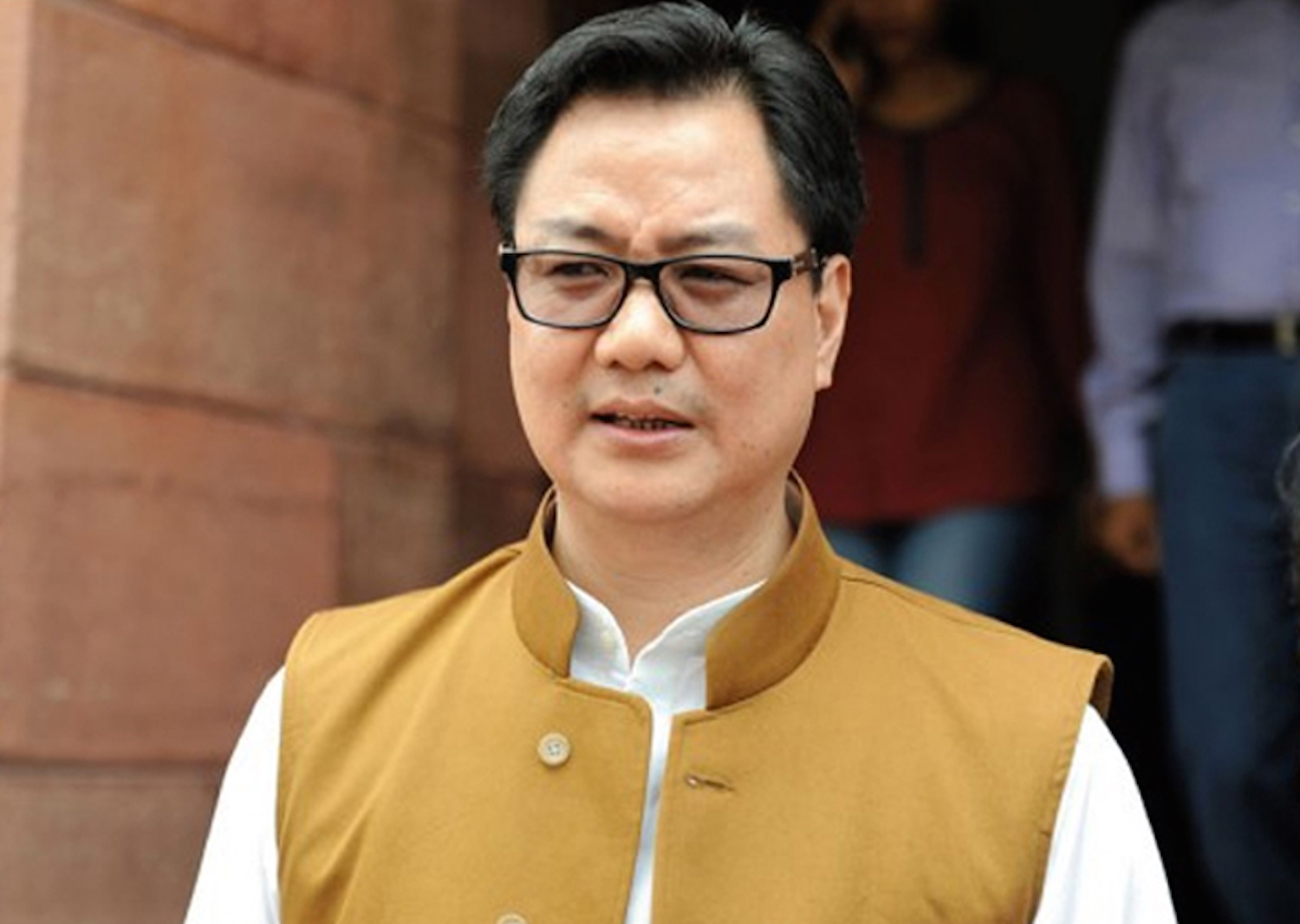Kiren Rijiju Confirms Centre Set To Table Fresh Bill On Mediation Law In Winter Session

1. Progress towards a Mediation Bill
On September 10, the Union Law Minister, Kiren Rijiju while the inauguration of Prayag National Law School was being held at Allahabad, stated that the Central government is set to introduce a new bill on mediation. He ascertained that the same will be tabled in the Houses during the upcoming winter session of the Parliament. Rijiju asserted that the Government of India aims to make the country an ‘arbitration hub. The Supreme Court way back in 2020 has set up a panel to firm up draft legislation to give legal sanctity to disputes settled through mediation, which would then be sent to the government as a suggestion from the apex court.
The panel headed by mediator Niranjan Bhat recommended a code of conduct for mediators, who are legal experts. On January 12, the committee met in Hyderabad to consider suggestions for legislation put forth by mediators from all over India. The mediators emphasised confidentiality, the voluntary nature of the process, neutrality, avoiding conflicts of interest, the enforceability of settlement etc. The other members of the panel, appointed by the Mediation and Project Conciliation Committee (MCPC) of the Supreme Court includes Justice Kanan, Former ASG, A.S Chandhiok, P.S Narsimha, Anil Xavier, J P Sengh, Sadhana Ramachandran, Sri Ram Panchu, Laila Ollapally.
The Law Minister was speaking at the foundation stone laying ceremony of the new National Law University proposed to be established at Prayagraj, Uttar Pradesh.
“Prescribing mediation as a mandatory first step for resolution of every allowable dispute will go a long way in promoting mediation. Perhaps, an omnibus law in this regard is needed to fill the vacuum,” the CJI stated.
So, if there is a commercial problem or dispute between two businesses, they could first undergo pre-litigation mediation. If it cannot be solved, then they can approach courts.”
The CJI felt the Parliament should consider enacting legislation to give mediation a status of a decree.
Justice Bobde suggested starting degree and diploma courses in mediation in national law universities.
Confirming those preparations for the latest and amended statutory provisions in relation to the law on mediation, the Law Minister asserted the same would roll out during the winter session of the Parliament i.e. likely in November-December.
“In the upcoming winter session of the parliament, we will table a bill on mediation. Preparations for the same have been complete,” Kiren Rijiju said while addressing the event.
Rijiju also noted that the Central government has been very keen to collaborate ‘closely’ with all National Law Universities, law colleges and law academies. The Law Minister also expressed his will to strengthen India’s judicial system.
He said, “We believe in the independence of the judiciary, we want to strengthen the judicial system and take steps to make the judiciary stronger.”
“Timely delivery of justice must be made a priority,” he asserted.
What is mediation?
Mediation, in India, is a voluntary process where the disputant parties assent to mutually arrive at a solution to their legal feud. They either enter into an enforceable contract or appoint a mediator. The decision making power relies on the parties to contract, and the mediator acts as a buffer to bring them to an understanding or resolution.
It is pertinent to note that so far as formal litigation is concerned in India, mediation, along with other methods of Alternative Disputes Resolution, has been statutorily recognised by the Civil Procedure Code
Image: IndiaTV News




